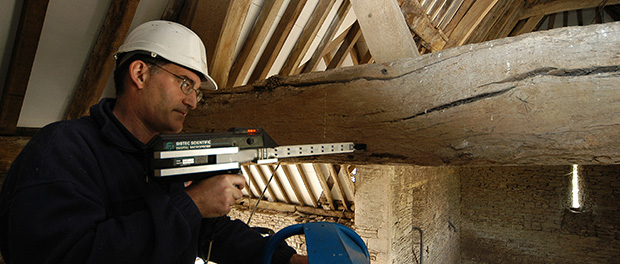
Are you thinking of buying a house?
Buying a house, especially if it is your first purchase, can be stressful and intimidating.
However, in this piece I will give you 7 tips you need to be aware of, to ensure you reduce your stress levels and make a good purchase.
1.Location-choose well
The location of your property is vital. You can change a lot of things about your house, but you will never change the location.
There is an old saying, a truism, in relation to property investment: the day you buy is the day you sell.
This means you should put yourself in a potential buyer’s shoes 5/10 years down the road, and look at the property from his perspective. That’s what he’ll be doing.
Now is the time for you to be prudent.
With this in mind my advice is to buy the worst house in the best area rather than the best house in a poor area.
You are not just buying your house as an investment, and your focus will be on getting the right place for you and your loved ones.
But circumstances change and you may need to move sooner than you think; if that’s the case you will be happy that you looked at your house purchase from both perspectives-as a home and as an investment-when choosing.
2. Finances
Be careful with your budget and allow for all expenses and outlays, not just the purchase price. These will include
- A valuation report
- A structural survey
- Stamp duty
- Legal fees
- Commissioner for oaths fees
- Property Registration Authority (PRA) fees
- Legal searches
3. Negotiation
Don’t disclose all your cards when you are negotiating with the auctioneer, and don’t let him know what your budget is.
Also, consider offering a very specific figure rather than a round one. You will have more credibility when you tell the auctioneer that you are at your maximum, you are flat out with your budget, if you offer €193,200 rather than €195,000 or €200,000.
If you offer €195k or 200 k the auctioneer will assume, rightly or wrongly, that there is another bit in you.
If you tell him your budget is €190,000, and friends and family have chipped in and helped you out, your bid of €193,200 will be more credible as your very best shot, and will be more likely to be accepted.
4. Structural Survey
Get a structural survey carried out on the house. This should be done by an architect or engineer or a suitably qualified professional, who has professional indemnity insurance.
Don’t believe that a well intentioned friend or relative who knows a little about diy can do this for you. The survey needs to be a professional evaluation with a comprehensive report produced.
The surveyor should also give you a good indication whether further investigation is required to check for pyrite, and should check the boundaries of the property vis a vis what is registered with the Property Registration Authority.
5. Planning Investigation
You should consider carrying out your own research in relation to planning. You can attend at the local authority’s planning office and have a formal search carried out. This will show any applications made in respect of the property.
These applications, if granted, should correspond with the planning documentation provided with the title documents as part of the legal process.
In addition, there should be certificates of compliance from an architect/engineer in respect of each development.
You should also consider speaking to residents in the area to check whether there are any adverse developments planned for the area, for example a proposed dump nearby.
6. Lender’s Requirements
Before completion your solicitor will seek the loan funds from your lender, assuming you are borrowing.
You can be very frustrated if the sale does not complete on time due to something simple, which is your responsibility, not being in place for the bank-for example a signed direct debit mandate, a life assurance policy, and property insurance on the property you are buying.
7. Solicitor
Choose your solicitor wisely, and don’t just go for the cheapest quotation you get. One of the biggest causes of the stress associated with buying a house is the uncertainty from your perspective, and not knowing what is going on at each stage of the process.
So, a solicitor who communicates with you promptly and is easy to reach will help reduce the stress and uncertainty.
Good luck!
